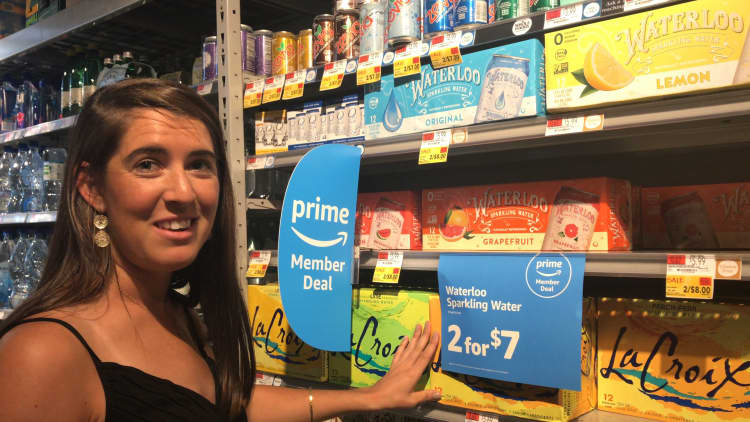Using a credit card isn't just convenient. It offers a number of benefits, including rewards and fraud protection.
That might be why debit card usage is declining in the U.S. Since 2013, the percentage of households that use debit cards has dropped from 74 percent to 58 percent in favor of alternative payment methods like credit cards and apps, according to a report from ValuePenguin. Almost a third more households pay with credit now compared to five years ago.
But sometimes using a debit card, or cash, is the better choice. Here are three situations where you shouldn't use your credit card.
1. If there's a fee
Why spend more than you need to? If a purchase on a credit card is going to incur a fee, maybe pay another way.
Many credit cards have foreign transaction fees, for example, which tack on around 3 percent. You could have a card that offers a rate of cash back that exceeds the foreign transaction fee, in which case you might decide using your card is still worth it. But keep in mind that many cash back offers don't always apply to purchases overseas the same way they do in the U.S., and make sure to read the fine print.
Paying taxes and tuition with a credit card will also usually require a fee, as will making mortgage payments.

2. If you're approaching your credit limit
"The lower your ratio of balances to your total credit limits, the better," Ethan Dornhelm, vice president of FICO Scores and predictive analysis, tells CNBC Make It.
For a high credit score, you should try to keep your utilization ratio below 30 percent. You can figure out what it is by adding up your monthly spending — the balances on all your cards — and dividing that number by the sum of your limits. For example, carrying a balance of $200 and having a credit limit of $1,000 would give you a utilization ratio of 20 percent.
When you have a good credit score, financial institutions consider you to be more trustworthy, which lets you benefit from a number of perks, including a better rate on a home loan. A credit score just 100 points higher could save you more than $10,000 in interest over the course of a 30-year mortgage.
3. If you can't afford your purchase
Around 43 million Americans, or 22 percent of credit card users, have carried a balance in order to improve their credit score. But that's the result of misunderstanding. Carrying a balance won't help your score; it will cost you in interest payments.
So, if you can avoid it, don't make purchases with credit that you won't be able to pay back at the end of the month.
For the same reason, it's also inadvisable to use your credit card to make purchases that involve risk, such as stocks and other investments. You want to be sure you'll be able to pay back whatever you borrow to avoid interest payments, and these kinds of investments don't have a guaranteed return.
If you're in a tough spot and need to borrow from your credit card issuer, try to do so with a card that has a no-interest period on purchases. That way, as you pay off the loan, you won't have to pay extra on top of the principal.
Don't miss:
Like this story? Subscribe to CNBC Make It on YouTube!



